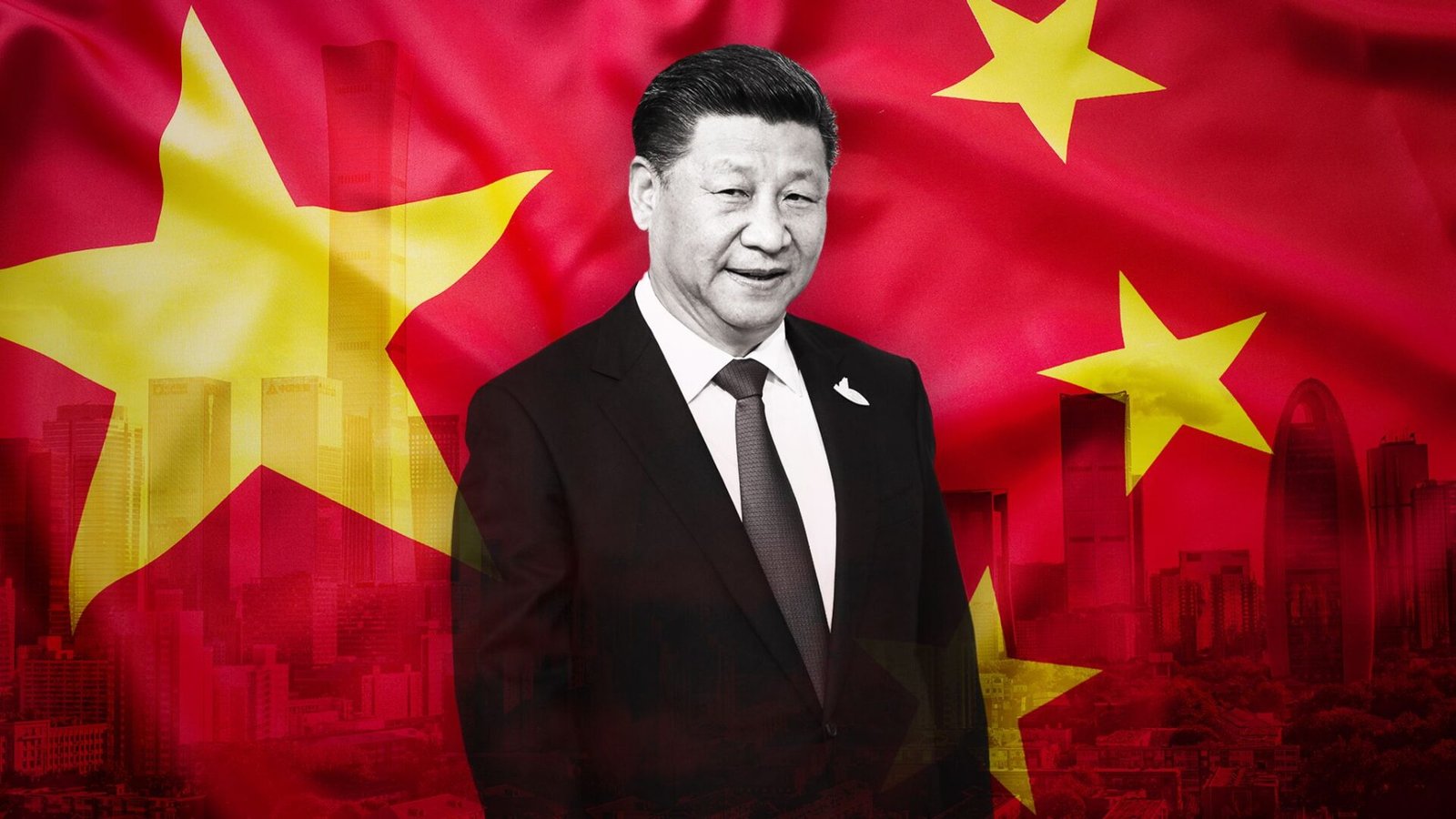BEIJING, CHINA — President Xi Jinping has emphasized the critical need for China to “overcome” the hurdles in developing fundamental artificial intelligence technologies, including advanced semiconductors, according to reports from state media on Saturday. This directive comes as Beijing intensifies its efforts to establish itself as a global leader in the rapidly advancing AI sector.
China’s ambition to dominate the artificial intelligence landscape faces complexities arising from its trade friction with Washington, which carries the potential to further restrict the access of Chinese industries to crucial technological components.
The world’s two leading economies are currently engaged in an escalating reciprocal trade conflict, initiated by US President Donald Trump’s imposition of new tariffs on Chinese goods, which have now reached 145 percent on numerous products.
Beijing has responded with its own set of duties, applying rates as high as 125 percent on imports from the United States.
Against this backdrop, Xi Jinping called for “continuing to strengthen basic research, focusing our efforts on overcoming challenges in key technologies such as advanced chips and core software, and building an autonomous AI system,” as reported by the Xinhua news agency.
President Xi delivered these remarks during a recent quarterly meeting of the Politburo, the influential inner circle of China’s top political leadership.
Since the groundbreaking launch of ChatGPT in November 2022, generative AI models have seen rapid proliferation in both the United States and China.
Notably, Chinese startup DeepSeek disrupted the AI arena in January with its R1 chatbot, which demonstrated performance comparable to its US counterparts but at a lower cost.
‘Promote self-reliance’
However, President Xi acknowledged on Friday that the Chinese AI industry still faces “gaps” in its capabilities. He stressed that it was “essential” to “promote self-reliance” within this critical technological domain.
Xi Jinping underscored the vital role of political support in achieving this objective, specifically mentioning “a combination of policies such as intellectual property rights, taxation, public procurement, and the opening up of infrastructure”.
Under both the Trump and his successor Joe Biden administrations, Washington has implemented bans or restrictions on the export of advanced processors to China, which are known to be instrumental in the development of sophisticated AI models.
Also Read: China hosts world’s first humanoid robot half-marathon alongside human runners
The Trump administration introduced new licensing requirements for the export to China of certain chips used in AI, a move that US firms Nvidia and AMD have indicated will have a significant adverse impact on their operations.
Nvidia CEO Jensen Huang visited Beijing this month and stated his company was “willing to continue to plough deeply into the Chinese market and play a positive role in promoting US-China trade cooperation,” according to Xinhua.
Washington’s export controls are officially justified as measures to prevent China from developing military technologies, but they also serve to maintain the United States’ competitive advantage in the AI sector.
China’s ambitious AI initiatives have generated concern in numerous countries, particularly regarding the handling of personal data and the potential for such information to be transferred to Chinese authorities.

